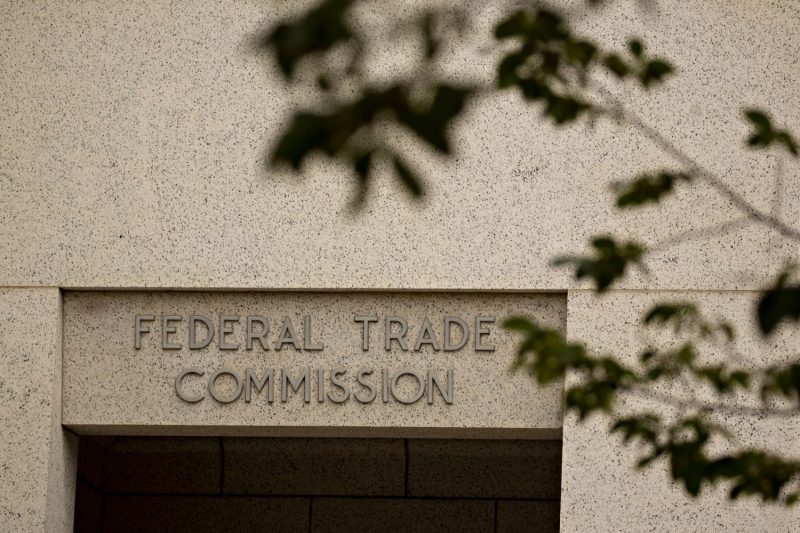The Federal Trade Commission (FTC) has brought allegations against three major drug middlemen – Express Scripts, CVS Health, and OptumRx – for purportedly inflating insulin prices in the U.S. This recent development has once again brought the issue of rising drug prices to the forefront of public concern.
The FTC claims that these “pharmacy benefit managers” (PBMs) have engaged in anti-competitive behavior by imposing high costs on insulin manufacturers, ultimately leading to increased prices for consumers. PBMs play a crucial role in negotiating drug prices and managing prescription drug benefits for health insurance plans.
Express Scripts, CVS Health, and OptumRx control a significant portion of the market, giving them substantial influence over drug pricing. The FTC argues that their actions have limited competition and resulted in significant financial burdens for individuals who rely on insulin to manage their diabetes.
Insulin is a life-saving medication for millions of Americans with diabetes. The rising cost of insulin has been a major concern for patients and advocacy groups, who have been pushing for more transparent pricing practices and increased access to affordable medications.
In response to the FTC’s allegations, the three drug middlemen have denied any wrongdoing and stated that they are committed to ensuring access to affordable medications for patients. However, the FTC has emphasized the need for greater oversight and regulation to prevent anti-competitive practices in the pharmaceutical industry.
This case highlights the complex dynamics of the healthcare system in the United States, where multiple entities – including drug manufacturers, insurers, PBMs, and pharmacies – are involved in pricing and distributing medications. As drug prices continue to rise, patients are often left struggling to afford essential medications, leading to negative health outcomes and financial strain.
Ultimately, the outcome of the FTC’s investigation into Express Scripts, CVS Health, and OptumRx will have far-reaching implications for the pharmaceutical industry and for patients who rely on insulin to manage their health. Increased transparency, accountability, and regulation may be necessary to address the underlying issues contributing to rising drug prices and to ensure that essential medications remain accessible to those in need.

